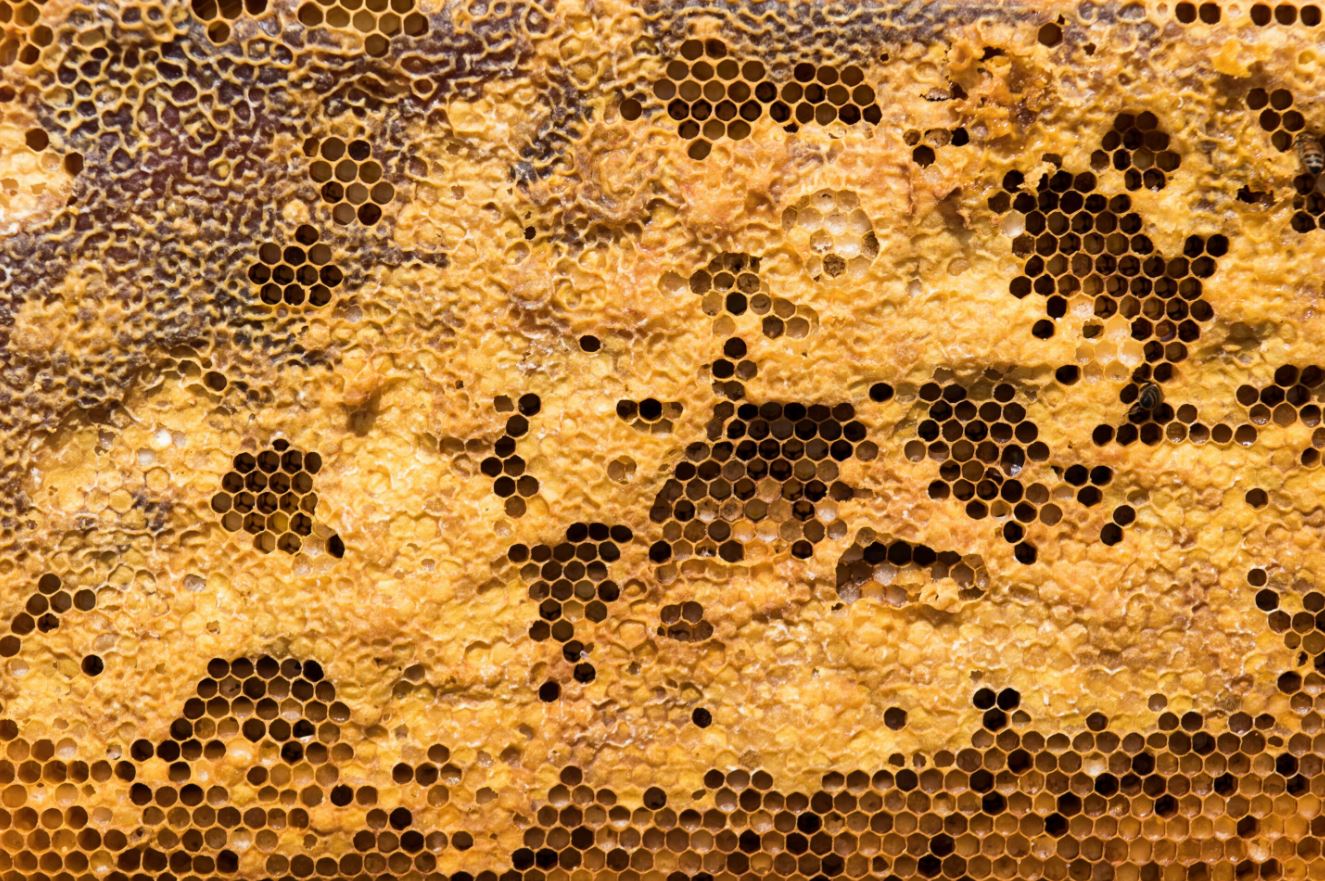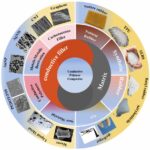 Engineering students at Kingston University in London are exploring new horizons by repurposing beeswax as a clean, renewable fuel for rocket engines. Over an 18‑month project at the Roehampton Vale campus, an eight‑member team used advanced propulsion lab facilities to fine‑tune a hybrid engine design, carefully tracking temperature and pressure along the way.
Engineering students at Kingston University in London are exploring new horizons by repurposing beeswax as a clean, renewable fuel for rocket engines. Over an 18‑month project at the Roehampton Vale campus, an eight‑member team used advanced propulsion lab facilities to fine‑tune a hybrid engine design, carefully tracking temperature and pressure along the way.
Michaella Gapelbe Santander, a student of Aerospace Engineering and Space Technology, explained their choice: “Rather than using the usual fuels like paraffin or HDPE, we decided to test a renewable option – beeswax. Harvested from honeycombs by local beekeepers, it offers similar properties to paraffin and aligns with our sustainability goals.”
The beeswax, sourced all the way from Thorne in Lincolnshire, speaks to the project’s commitment to eco‑friendly innovation. Kingston University’s state‑of‑the‑art facilities provided an ideal setting for the team to design, build, and test their engine, bringing together practical skills and cutting‑edge research.
Dr Peter Shaw, a senior lecturer in astronautics, emphasised the educational impact: “At Kingston University, we’re proud to support our students’ inventive ideas. Our on‑site rocket propulsion test laboratory gives them the space to experiment and discover practical solutions for a more sustainable future.”
The project not only sharpens technical skills but also offers the aerospace industry a fresh perspective on green propulsion technologies. If you’ve ever struggled to balance performance with environmental responsibility, these student innovations might spark some new ideas for you.








